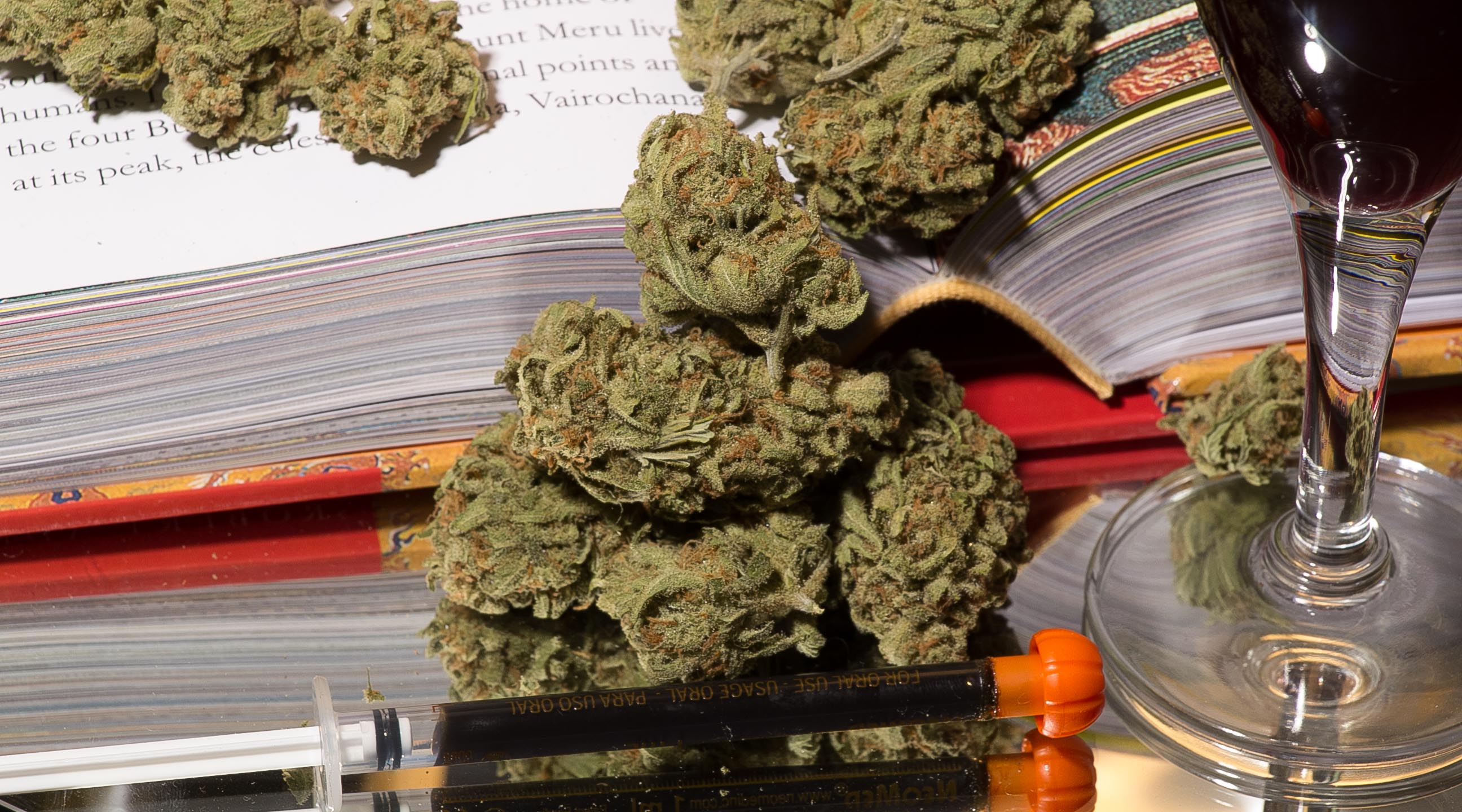
Texas Cannabis Report
In 2015 the Texas legislature set a record for cannabis related bills, and among them one made it through.
The 12 bills, some identically introduced in both the House and Senate, covered penalty changes, medical cannabis, full legalization, and hemp. Some testimony went late into the night.
With a strong showing at the capitol by activists and people who just wanted their children to have a fighting chance, the bill with the least amount of support moved swiftly through a legislature that is not known for fast action. That bill legalizes medical cannabis for a very select group of Texans, and some argue that not a single person will benefit from it.
SB 339 authorizes the Texas Department of Public Safety, a law enforcement agency, not a health agency, to license and regulate growers and dispensaries to sell CBD oil to those who have severe epilepsy; once brain surgery has been ruled out, and patients have received a recommendation from two neurologists or epileptologists, and a prescription.
Cannabis is a Schedule 1 substance according to federal law, meaning that it has no accepted medical use and has a high potential for abuse. It is illegal for doctors to prescribe. States with medical cannabis programs carefully word their laws so that doctors do not have to prescribe it, only recommend. Texas legislators were made aware of this issue; however, they refused to correct the flaw.
To get around this shortcoming, the Department of Public Safety drafted a recently finalized policy setting up a state database for doctors to log medication requests into. It is unknown how well this would stand up to a legal challenge, or how many doctors will take the risk and involve themselves with the program.
Three licenses are issued; to grow, extract, and sell.The CBD oil is a partial plant extract and can contain only a very small amount of THC. Many testified against this during the bill hearings because a partial plant extract is not as effective as whole plant medicine and for many, is not effective at all. Some people have uprooted their families altogether and moved to states where whole plant medicine is legal.
One of the other major concerns is how growers will obtain seeds, since purchasing them from across state lines would be federally illegal. Also unknown is the cost of the CBD oil, should some patients actually meet the requirements and obtain the prescription, given the high cost of starting and running a dispensary, and there being so few customers. An initial license will cost $6,000. Other start-up costs include a building with a securable area, along with equipment, employees, and sufficient funding for two years of operation. All of this will factor into the final price tag. Insurance coverage will likely not be an option either. The state expects to have three dispensaries operational by their September 2017 deadline.
Given that few, if any, people stand to benefit from this new program, the push for better legislation in 2017 is already underway. As Texas Governor Greg Abbott signed SB 339 into law last year, he made a firm statement that Texans should not expect to see cannabis laws change any further while he remains in office.
*Stay up-to-date with the latest cannabis news from a Texas perspective by following the Texas Cannabis Report social media pages. Facebook – Twitter – Tumblr – Instagram



Leave a Reply